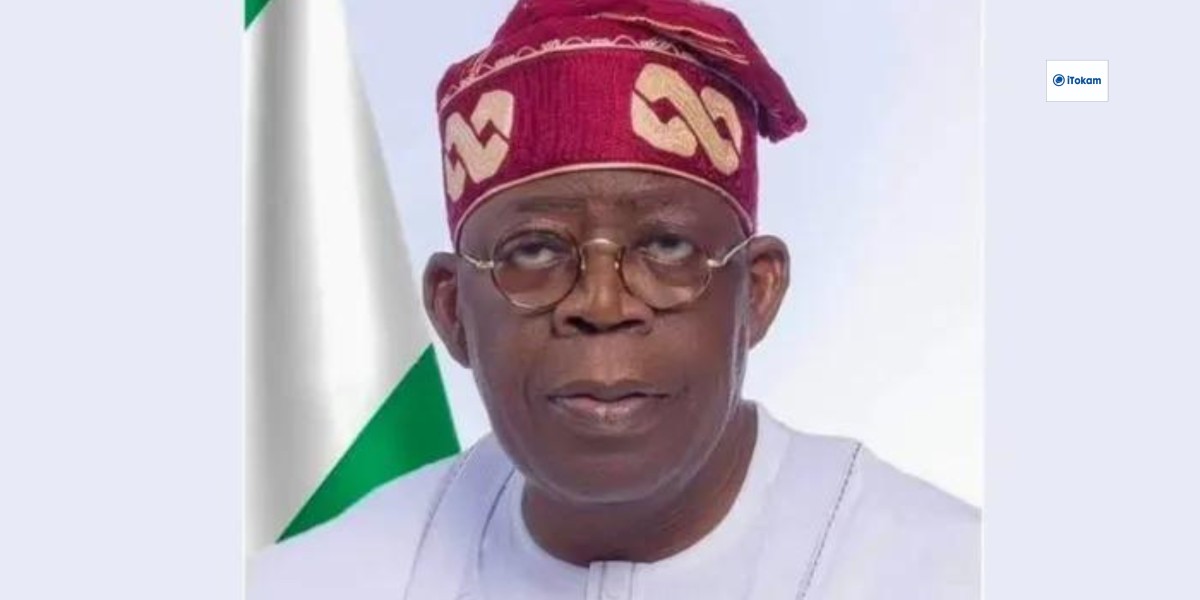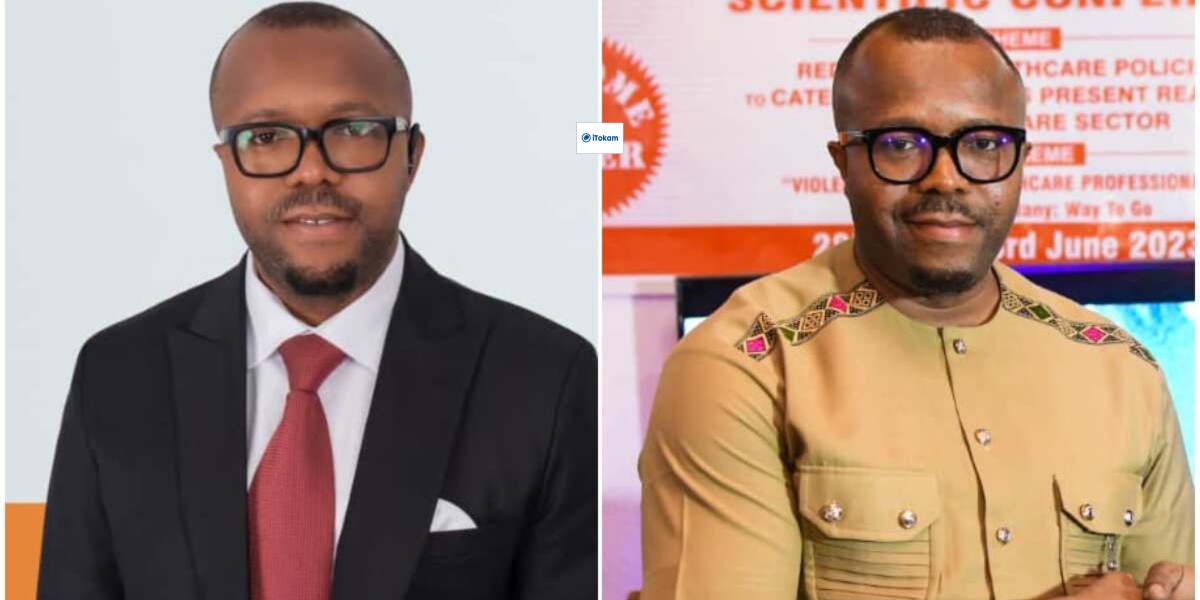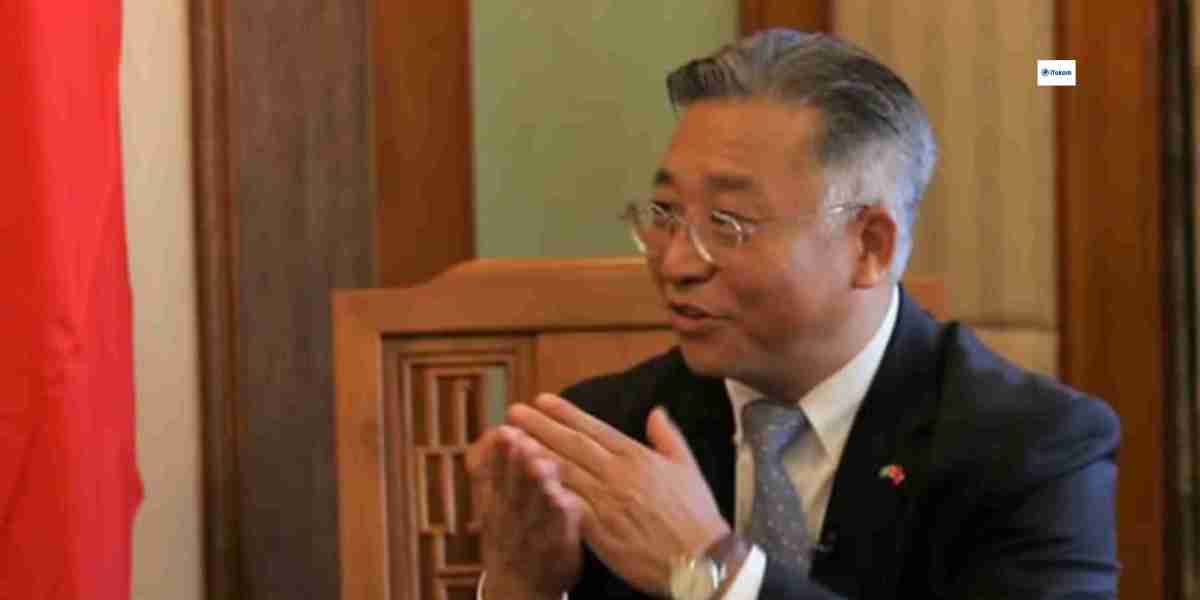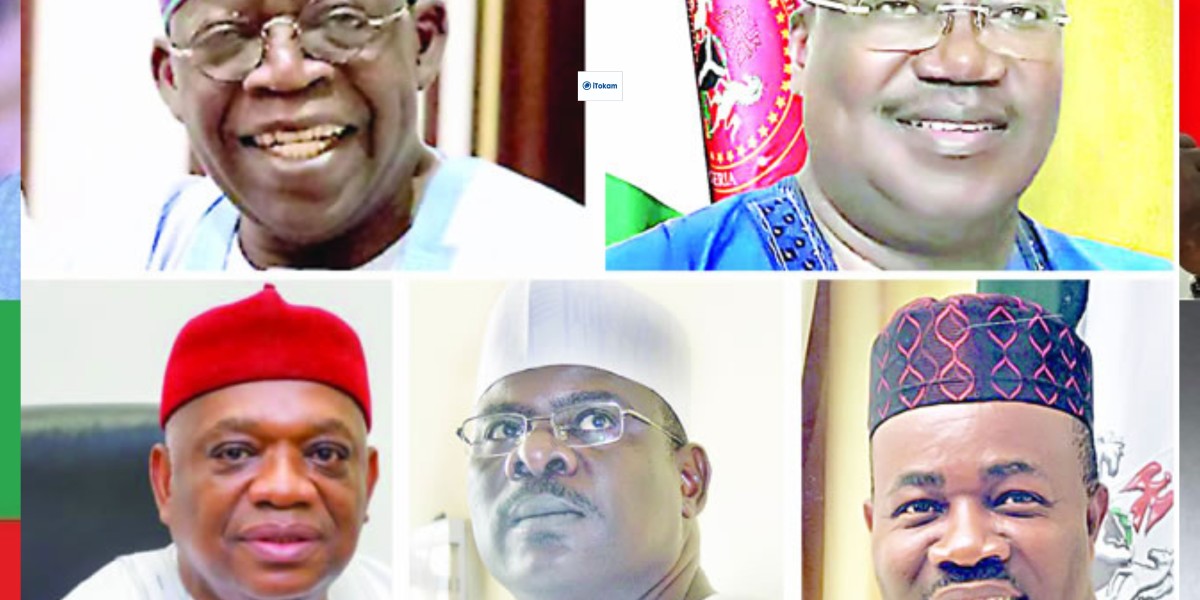In order to establish his eligibility to run for president in 2023, President Tinubu sent the Independent National Electoral Commission (INEC) with an affidavit of personal particulars in the form of a document designated as Form EC9.
Former Vice President and candidate for the People’s Democratic Party, PDP, Alhaji Atiku Abubakar, who is contesting the outcome of the presidential election that took place on February 25, had in an application filed through his legal team, persuaded the court to summon the INEC boss to, among other exhibits he requested for, produce the document containing Tinubu's bio-data. Atiku Abubakar is challenging the outcome of the presidential election that took place on February 25.
Atiku, along with his party, submitted a joint petition in which they insisted that President Tinubu had "demonstrated inconsistency as to his actual date of birth, secondary schools he attended (Government College Ibadan); his state of origin, gender, actual name; certificates evidencing universities attended (Chicago State University);" etc.
"The purported degree Certificate of the 2nd Respondent that was supposedly gained at the Chicago State University did not belong to him but rather to a female (F) described as "F" in the Certificate having the name Bola Tinubu. "F" stands for "female," and the Certificate bears the name Bola Tinubu.
"The 2nd Respondent did not disclose to the 1st Respondent (INEC) his voluntary acquisition of the citizenship of Republic of Guinea with Guinean Passport No. D00001551, in addition to his Nigerian citizenship," "The 2nd Respondent did not disclose to the 1st Respondent (INEC) his voluntary acquisition of the citizenship of Republic of Guinea with Guinean Passport No." Notice is hereby served on the 2nd Respondent, requesting that he produce the original copies of each of the aforementioned passports.
In response to an application made by the petitioners, a five-member panel led by Justice Haruna Tsammani issued a subpoena on May 26 requiring the INEC chairman to provide 11 sets of exhibits. The panel was chaired by Tsammani.
As a result of this, when the hearings in the case were restarted yesterday, Professor Yakubu was not physically present in court; however, he did send a senior officer of the commission to tender four of the necessary exhibits.
His representative, Mrs. Moronkeji Tairu, stated before the court that she is a Deputy Director at the headquarters of INEC in Abuja, where she oversees the Certification and Complaints, Legal Drafting and Clearance Departments.
In particular, Mrs. Tairu, who climbed into the witness box, informed the judge that she had brought Forms EC8D series, which contained the results of the presidential election from each of the 36 states that make up the federation as well as the Federal Capital Territory, which is Abuja.
The second piece of evidence that she presented to the judge was a Form EC8D(A), which was the INEC's final declaration of the results of the presidential election.
Additionally, the representative of Prof. Yakubu submitted reports of extracts from the Bimodal Voter Accreditation System (BVAS) machines in regard to Rivers State. In addition, the representative submitted verified copies of accreditation data from the BVAS that related to all 36 states of the federation as well as the FCT.
Last but not least, the witness presented a certified true copy of the Form EC9 that President Tinubu had filed to INEC. The document was accepted as evidence and given the number Exhibit PAJ 40.
Mrs. Tairu explained to the judge that due to the cumbersome nature of some of the needed documents, the commission only extracted 10 copies from each state and packaged the rest facts in flash drives, which she also sent to the panel. She said this decision was made because the commission was unable to find a better solution.
While this was going on, President Tinubu's legal team, which was headed by Chief Wole Olanipekun, SAN, fought against the admission of any and all of the documents that were offered as evidence.
All of the exhibits that were presented by the representative of the INEC chairman were challenged by the All Progressives Congress (APC), which did so through its legal team, which was led by Prince Lateef Fagbemi, SAN. The APC's objections were directed toward all of the exhibits.
Respondents have indicated that they will provide supporting evidence for their objections in the concluding portion of their written presentation.
INEC, for its part, stated through its lead counsel, Mr. Abubakar Mahmood, SAN, that although it did not object to the admittance of the documents, which it described as being irrelevant to the dispute before the court, it did claim that the petitioners did not pay the appropriate fees. This was expressed despite the fact that INEC did not object to the admissibility of the materials.
In his response, the lead counsel for the petitioners, Chief Chris Uche, SAN, told the court that contrary to the position taken by INEC's lawyer, his clients paid N6.7 million for the certification of all of the papers they wanted from INEC.
Earlier on in the proceedings, a statistician by the name of Mr. Samuel Odonatan, who testified as the 21st witness in the case, informed the court that based on his analysis, Atiku and the PDP were the winners of the presidential election. He appeared as the 21st witness in the matter.
The witness testified in front of the court that he studied and analyzed the electoral materials that were used for the conduct of the election. In particular, the witness focused on the Forms EC8A, which were the results from polling units in 26 of the federation's states.
In response to queries raised during the process of cross-examination, the statistician stated that in order to arrive at his conclusions regarding the data that he had presented in the reports that he had submitted as evidence before the court, he had first conducted quality checks.
The witness stated that he had in the past analyzed electoral documents in several election-related problems while he was being cross-examined by Chief Olanipekun, SAN, who is President Tinubu's counsel. Chief Olanipekun is a Senior Advocate of Nigeria.
However, he acknowledged that no photographic evidence of the election materials that he inspected at INEC's headquarters at the request of Atiku and the PDP was included in the report that he submitted to the court.
Also Read: Presidential Election Petition Court views Obi first video evidence
According to the witness, the procedure of his analysis consisted of deducting votes credited to the three major political parties in polling units where the election was plagued by anomalies. This was done in order to arrive at the conclusion of his investigation.
He told the court that he was not equally satisfied with the results from both Adamawa and Kano states, which were won by the People's Democratic Party (PDP) and the New Nigeria People's Party (NNPP), respectively. He added that he had in his report, also recommended for deduction of "irregularities votes" in the states that the Labour Party won.
In response to questions posed by the attorney for the APC, the witness, Prince Fagbemi, SAN, stated as follows: "I have been following the operations of INEC since 1999. In the run-up to the general elections in 2023, the head of INEC is reported to have declared that the results of the election would be communicated electronically and in real time. I am aware of this statement.
"However, I did not hear at any time before the election when he said that due to the issue of security and cash crunch, the commission could no longer transmit the results of the election electronically," "I did not hear at any time before the election when he said that."
When the witness was asked if he had taken any information out of the BVAS machines before putting up his report, he replied, "At the time that I was preparing the report, the BVAS machines had already been reconfigured for another round of elections." As a result, I was unable to access them in order to get any information from them.
"I am aware that the laid down rule was that the BVAS machines were to be used for the accreditation of voters," he continued. "I am aware that the BVAS machines were to be used for the accreditation of voters."
He testified in front of the court that, based on the findings of the 26 states that he and his team, which consisted of six men, analyzed, Atiku received majority votes in 12 of those states.
"Since I was the leader of the group, I was the only one who was allowed to sign the report," he said.
However, the APC brought to the court's attention the fact that the witness claimed to have analyzed findings in 28 states on one page of his report, but on a different page, he stated that the analysis was conducted with regard to all 36 states that make up the federation. This contradiction was brought to the court's attention by the APC. The subsequent hearing on the case has been postponed till today by the panel presided over by Justice Tsammani.





Tomiwa Oshiariyo 47 w
The PEP is going in for the hot outcome as the debate on the victory of President Tinubu hit the up.